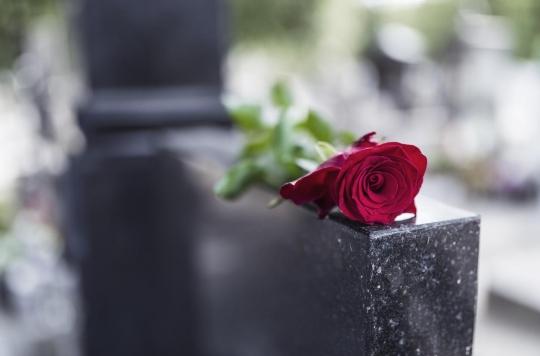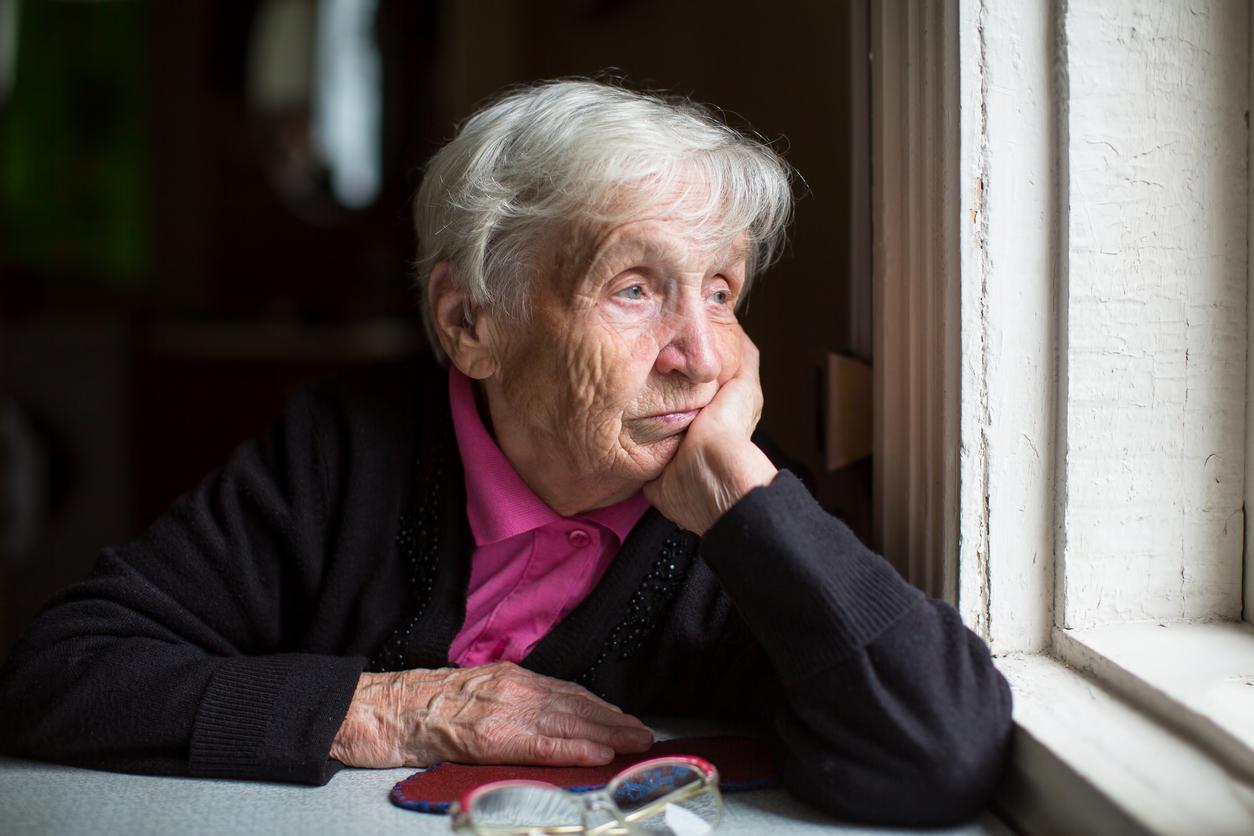While nearly half of French people have already been traumatized by bereavement, it remains a taboo subject and a societal cause that lacks public funding. Why Doctor went to meet Empreintes, an association specializing in supporting bereaved people.

Friday 1erNovember, we celebrated All Saints Day. But if France has a national day to honor its dead, what about a day of support for the living in mourning? However, bereavement has a real societal cost and, according to the actors in place, the public authorities have a real role to play in caring for the people concerned. Indeed, a survey conducted this year by Imprints Associationspecializing in bereavement support, carried out by the Credoc shows that 48% of French people have already experienced a death that has particularly marked them, 59% of bereaved have suffered an alteration in their health or physical condition, 51% have encountered psychological difficulties, including 26% for more than a year. What’s more, 43% of working people were absent from work, 33% isolated themselves and 12% had to move against their will.
“Either because they can no longer pay or because they have to resell their accommodation. Mourning has an impact on employment with long sick leaves and often difficulties returning to work, because we are no longer quite the same when we have experienced it. Mourning also has an impact on the elderly and placements in EPHAD. We often become dependent because we have lost our spouse, so all this has a significant cost for society, in terms of consumption of care, consultations or even pathologies, in particular fractures in the case of the elderly, ”explains Marie Tournigand, general delegate of the association Why Doctor met.
Investigation “The French facing mourning” demonstrated that 59% of active bereaved benefited from a work stoppage of more than a week and 29% of more than a month. An increase in hospitalizations was also observed among bereaved people aged 50 to 70. Other studies show, concerning income, that 26% of widows aged 25 to 44 have income below the poverty line, compared to 17% of divorced persons and 28% of adults who have lost a parent during childhood. no diploma, compared to 17% of all adults.
Train bereavement referents
On the strength of all these data presented by the association last April during the Mourning sessions in the Senate, Empreintes made ten proposals. Among them, the association offers a systematic consultation three to six months after the death, the development of an ethical framework on bereavement, the design of a public and private funding policy for support and the implementation a Research Observatory on bereavement and its health and social consequences. The association would also like to see the creation of a job as bereavement risk prevention officer (according to the National Suicide Observatorybereavement is a major cause of suicide), the development of an annual report on the subject, the launch of an annual training campaign as well as the establishment of a certified national day of bereavement.
But above all, the first flagship proposal of the association consists in training in two days Mourning Referents (name registered) in all organizations, especially in schools (59% of teachers say they lack information to manage the situation of orphaned children in their class), in companies in human resources departments, or even in police stations where the police are required to announce deaths when they have no training to do so. “And it’s the same in town halls,” laments Marie Tournigand.
“The other flagship proposal is that when a death is announced to a person, within 48 hours, this person has information on the fact that what he is experiencing is called bereavement. That a teenager does not discover a year later that he is not well because he is grieving. Informing people about what they are going through would prevent complications. The bereavement referent would be in charge of setting up systems in his or her body that make it possible to inform. Even doctors are not trained to announce a death. So even less mourning”, explains the general delegate of Empreintes who created a small free brochure on mourning which she distributed in 160,000 copies.
Fighting misconceptions
In addition to information, the association accompanies people in mourning thanks to a telephone listening platform and self-help groups. This support has a positive effect on the societal level because it helps the bereaved return to work by maintaining a social bond and helps some not to commit suicide, according to their own testimonies. But to go even further, Empreintes, financed mainly by private foundations, would need additional funds. “The financing of bereavement support is a real subject. The subject scares everyone! It fits into all societal issues and none. For example, we speak of single-parent families as a block but we do not distinguish divorces and separations from bereavements. But these are not the same realities”, laments Marie Tournigand.
Also, the latter hopes that this national action plan and the studies warning of the risks will change the situation at the level of the public authorities. “For example, on these Assizes, we had the patronage of three senior ministries: Health, Education and Justice, which is beginning to show an awareness all the same”, she welcomes.
But what she wants above all is that greater involvement of the public authorities on the issue of bereavement will help to change mentalities. “In the Credoc study that we presented at the Assises, one in two French people said they were shocked by the attitude of those around them, in terms of injunctions. Family, friends or professionals pronounce injunctions such as: ‘you have to get over it now, you have to move on, it’s been six months, it’s not normal’ or even ‘Yes you lost a baby but he was not even born and you will have others, you are young. Get out, it will do you good, stop crying. These are shocking injunctions,” says Marie Tournigand. And to conclude: “Our idea is to spread a certain culture on mourning and knowledge on the subject to fight against these received ideas which mean that today we cannot even find support and funding for this cause.”
.















